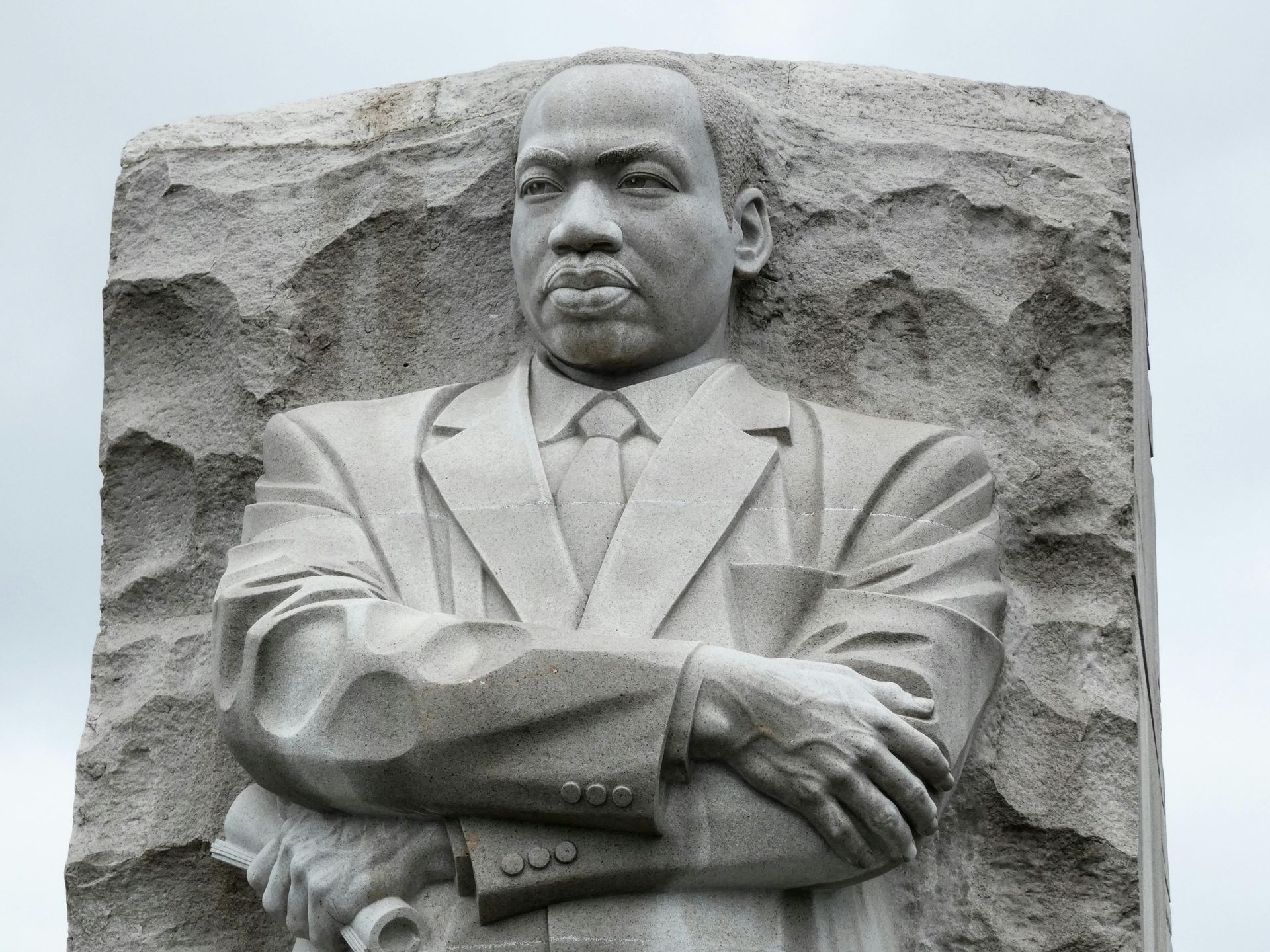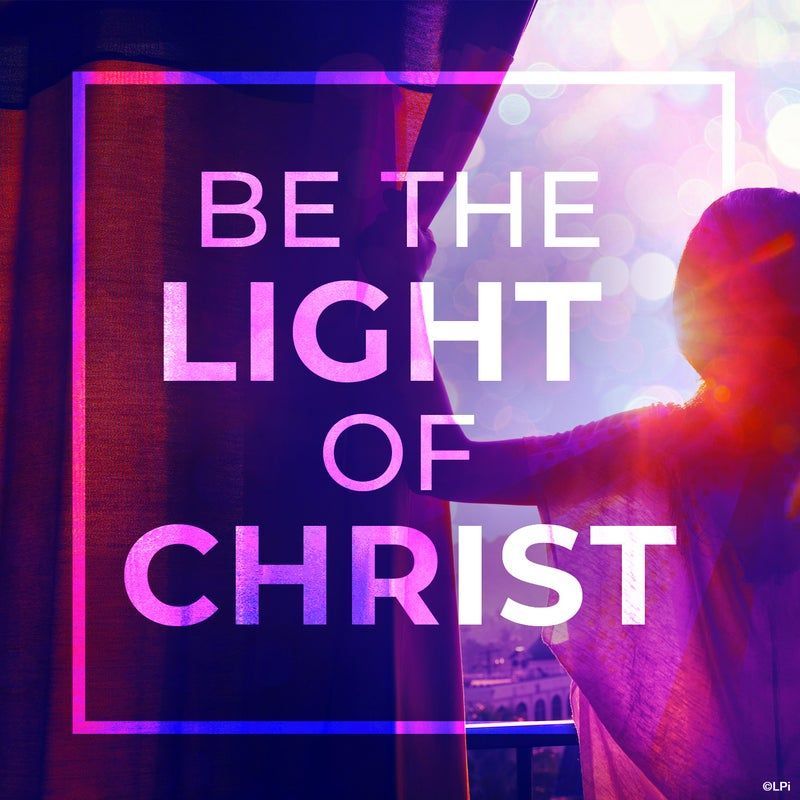Fifth Sunday of Lent A March 17, 2024
Fifth Sunday of Lent A
March 17, 2024
So often in life the first impression we have of an individual rarely gives us the full picture.
For example, when we hear about the Apostle Thomas, we immediately give him the name “doubting Thomas” because after the resurrection of Jesus he asks for proof of the resurrection by touching Jesus’ wounds of the crucifixion. Yet in the gospel from today it is Thomas who says, “Let us also go to die with him.”
When I hear the name of Martha, I hear the words of Jesus earlier in the gospel when he says to Martha,” Martha you are concerned with many things…. Mary has chosen the better option, and it will not be taken from her.” The picture of Martha is that she is the bad sister while it is Mary who sits and listens to the Lord. Yet, in today’s gospel it is Mary who sits at home weeping and Martha who says. “Yes, Lord. I have come to believe that you are the Christ, the Son of God, the one who is coming into the world.”
Thomas, Martha, Mary, Lazarus, you, and I are challenged to have faith in the words of Jesus, “I am the resurrection and the life; whoever believes in me, even if he dies, will live, and everyone who lives and believes in me will never die.
For the last three weeks we have been hearing from the gospel of John. These readings are given to us as we continue our journey to Easter and belief in the resurrection. The story of the Woman at the well spoke about how faith becomes living water that encourages us to have faith in Jesus. As this faith grows, we develop living water in our lives.
Last week we heard about a man born blind. The issue became who sinned and caused the man’s blindness and who sinned in performing a healing on the sabbath. We discover blindness is not simply about the inability to discern objects, but blindness can be blindness to the truth of seeing a person for who they really are. The blind men in this story are the temple officials who are blind to a miracle and blind to seeing that healing is more important than laws.
Today we encounter faith and faith in resurrection.
We all can relate to the experience of losing a loved one. Death is a challenge to our faith; we like Martha and Thomas are invited to have faith in the promises of Jesus. We have faith in resurrection. Faith in resurrection has an effect on our lives. When we place faith in resurrection we come to live in a different way.
This is how Carlo Carretto puts it:
"When the world seems a defeat for God and you are sick with the disorder, the violence, the terror, the war on the streets; when the earth seems to be chaos, say to yourself, 'Jesus died and rose again on purpose to save, and his salvation is already with us.' . . .. . .
"Every newly-opened leper-hospital is an act of faith in the resurrection.
"Every peace treaty is an act of faith in the resurrection.
"Every agreed commitment is an act of faith in the resurrection.
"When you forgive your enemy
"When you feed the hungry
"When you defend the weak
"you believe in the resurrection.
"When you have the courage to marry
"When you welcome the newly born child
"When you build your home
"you believe in the resurrection.
"When you wake at peace in the morning
"When you sing to the rising sun
"When you go to work with joy
"you believe in the resurrection."
We go forth to like Thomas, Martha and Mary to place faith in the resurrection.

Now that we are beyond the Christmas season, we are returning to normal. In our first reading, Isaiah reminds us that we are servants. In this new year of grace, we are called to be servants. We are learning about humility; being humble means thinking less of myself and more of others. Is this what it means to be a servant? We hear the words of Isaiah as we begin the annual week of Christian unity. It is wonderful that men and women from different denominations can come together in prayer. This afternoon many will gather to remember the life and witness of Dr. Martin Luther King, Jr. Dr. King was a true servant to the mission of justice for all God’s people. Dr. King was a Christian who acted as a servant to the kingdom of God. Dr. King was a dreamer who shared his dream with the world. I have a dream that my four little children will one day live in a nation where they will not be judged by the color of their skin but by the content of their character. I have a dream . . . I have a dream that one day in Alabama, with its vicious racists, with its governor having his lips dripping with the words of interposition and nullification, one day right there in Alabama little black boys and black girls will be able to join hands with little white boys and white girls as sisters and brothers. I have a dream today . . . This will be the day when all of God’s children will be able to sing with new meaning. “My country, ’tis of thee, sweet land of liberty, of thee I sing. Land where my fathers died, land of the pilgrim’s pride, from every mountain side, let freedom ring.” And if America is to be a great nation, this must become true. So let freedom ring from the prodigious hilltops of New Hampshire. Let freedom ring from the mighty mountains of New York. Let freedom ring from the heightening Alleghenies of Pennsylvania. Let freedom ring from the snowcapped Rockies of Colorado. Let freedom ring from the curvaceous slopes of California. Being a servant of the gospel means being a dreamer who works to make the dream a reality. With our brothers and sisters of many faiths, we are servants of the kingdom of God. Like John the Baptist, we prepare the way for the coming of God’s kingdom. Each one of us, have been baptized and received the gift of the Holy Spirit. With the spirit to help us we are servants of the kingdom of God.

From Pope Leo’s Christmas homily: “For millennia, across the earth, peoples have gazed up at the sky, giving names to the silent stars, and seeing images therein. In their imaginative yearning, they tried to read the future in the heavens, seeking on high for a truth that was absent below amidst their homes. Yet, as if grasping in the dark, they remained lost, confounded by their own oracles. On this night, however, “the people who walked in darkness have seen a great light; those who dwelt in a land of deep darkness, on them has light shined” (Isaiah 9:2). Behold the star that astonishes the world, a spark newly lit and blazing with life: “To you is born this day in the city of David a Savior, who is the Messiah, the Lord” (Luke 2:11). Into time and space — in our midst — comes the One without whom we would not exist. He who gives his life for us lives among us, illuminating the night with his light of salvation. There is no darkness that this star does not illumine, for by its light all humanity beholds the dawn of a new and eternal life.” Stars are what this season of Christmas is all about. We look at the night sky and see the stars that remind us of the nativity of our Lord. At night God comes to speak to us in dreams. Sometimes the dreams tell what to do as they did for Joseph and the Magi. The star in today’s celebration is a star that points out the birth of the Christ child. Each child is born with a divine spark. Each human person has the dignity of being a child of God. I am reminded of the words of Leonard Bernstein. He calls his poem Greeting : “When a boy is born, the world is born again and takes its first breath with him. When a girl is born the world stops turning round and keeps a moment hushed wonder. Every time a child is born, for the space of that brief instant, the world is pure." This time of year, we celebrate the birth of our God. The stars on our trees remind us of our connection with our God. The words of Frost are appropriate here: O Star (the fairest one in sight), We grant your loftiness the right To some obscurity of cloud— It will not do to say of night, Since dark is what brings out your light. Some mystery becomes the proud. But to be wholly taciturn In your reserve is not allowed. Say something to us we can learn By heart and when alone repeat. Say something! And it says, ‘I burn.’ But say with what degree of heat. Talk Fahrenheit, talk Centigrade. Use language we can comprehend. Tell us what elements you blend. It gives us strangely little aid, But does tell something in the end. And steadfast as Keats’ Eremite, Not even stooping from its sphere, It asks a little of us here. It asks of us a certain height, So when at times the mob is swayed To carry praise or blame too far, We may choose something like a star To stay our minds on and be staid. Like Mary, we ponder all these things in our heart. As we begin this new year, we are to be like the star who ponders all things. Sometimes it will mean to burn, it will not always be clear, but with the heart of Christ to guide us we will make sense of it. On this New Year's Day, we look to the stars and ponder what this Christmas 2025 has meant to us.

Isaiah prophesied: The people who walked in darkness have seen a great light; upon those who dwelt in the land of gloom a light has shone. (Is 9:1) John the Evangelist wrote: ...the light shines in the darkness, and the darkness has not overcome it…(Jn 1:5) The true light, which enlightens everyone, was coming into the world (Jn 1:9) And Jesus said: ...I am the light of the world. Whoever follows me will not walk in darkness, but will have the light of life…(Jn 8:12) Beginning with Isaiah’s prophecy of the Light of Emmanuel — God-with-us — some 2,800 years ago, through to Christ’s entry into this world of darkness in Bethlehem as the Child of Light, to his ministry of Light and Life, and racing through the millennia to us today throughout the world, to us here in St. Mary’s parish, to the family whose children were baptized at St. Mary’s this past weekend: The True Light of the World, the Dayspring from on high, the One Morning Star that never sets, the Word who existed in the beginning with God and who, from the beginning, was God, Jesus Christ the Light continually breaks into the darkness of our world and dark nights of our lives. At each Christmas, in the dark night of the world, we celebrate the daybreak of the Light of Christ coming into the world. At each Easter, we celebrate the breaking forth of the Light and Life of the Resurrected Christ from the darkness of the tomb of sin and death. And at each baptism, we recall and celebrate both, as we light the baptismal candle from the Paschal candle (that is, the Christ Candle) and say to the newly baptized, “Receive the Light of Christ.” We then give the parents and godparents, but frankly all of us , a solemn charge: This light is entrusted to you to be kept burning brightly. This child…has been enlightened by Christ. [They are] to walk always as a child of the light. We are to walk not only as children of God enlightened by Christ, but we are to walk also — each one of us — as bearers of Christ and His Light into the world. We can each bear a torch of the Christ Light as we walk with one another through the dark valleys of the night of each other’s lives, illuminating the darkened path for our sisters or brothers, walking with them as long as we can, until another bearer of Christ’s Light joins us to journey with them further. Never underestimate the brightness of Christ’s Light in the smallest of actions, a kind word or simple deed. In fact, St. Mother Teresa of Kolkata counselled that the smallest of our actions may be infused with the brightest light of love. She said: Don’t look for the big things, just do small things with great love…the smaller the thing, the greater must be our love. And never forget that a light appears as its brightest in the deepest dark of night. The Christ Light in the smallest of our actions may be the brightest light in the darkest part of the night of someone's life. My sisters and brothers, the Light of Christ has been entrusted to us to be kept burning brightly, not for ourselves alone, but for the life of the world. Let us walk with one another, sharing the Christ-Light entrusted to us with each other and with the world outside the walls of this Church!



